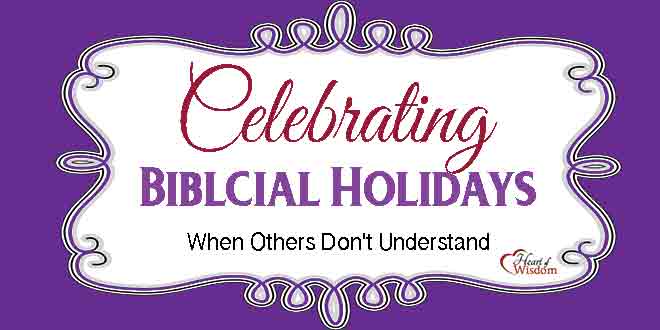The Biblical Holy days

Why we celebrate the Biblical and Jewish Holidays
More articles will be added throughout the year and can be accessed through the index.
What are the Biblical Holy Days or Appointed times?
Appointed times, or mo'edim in Hebrew, are central to Jewish, Judaic Messianic, and observant Christian traditions. These days are not only historically significant but also prophetic, revealing the truths and counsel of JHWH (Yahweh), Elohim, our JeHoVaH Tsevaoth (Lord God Almighty).
Historical Context and Revival
Influenced by Emperor Constantine and some early church fathers, the early Christian church came to believe that the observance of the seven Biblical feasts was unnecessary after Christ's death. This view, however, overlooks critical aspects:
Divine Consistency
God's decrees are eternal; His Word remains unchanged.
Christ's Observance
Jesus himself observed these Biblical holidays.
The "Back to Our Roots" movement within the Christian community has revitalized the observance of these God-given holidays.
Read more in Why we celebrate the Biblical and Jewish Holidays.
The Biblical Holidays: Dates and Significance (5784 / 2023-2024)
Below are the dates for the holidays for the year 5784 in the Hebrew calendar, which overlaps with the Gregorian calendar years 2023-2024:
Rosh Ha'Shanna (Tishri 1 - 2) September 15 - 16, 2023
Significance: Jewish New Year, focusing on introspection and renewal.
Yom Kippur (Tishri 10) September 24 – 25, 2023
Significance: Day of Atonement, the holiest day in Judaism, centered on repentance and reconciliation.
Sukkot (Tishri 15 - 22) September 29 – October 6, 2023
Significance: Feast of Tabernacles, celebrating the Israelites' wilderness journey.
Simchat Torah (Tishri 23)October 7, 2023
Significance: Celebrating the completion and new beginning of the annual Torah reading cycle.
Hanukah (Kislev 25 - Tevet 3) December 7 – 15, 2023
Significance: Festival of Lights, commemorating the rededication of the Holy Temple in Jerusalem.
Tu B'shvat (Shevat 15)February 6, 2024
Significance: New Year for Trees, highlighting ecological awareness and nature's renewal.
Purim (Adar 14) March 23 – 24, 2024
Significance: Remembrance of the Jewish people's salvation from Haman in the Persian Empire.
Passover (Nisan 15 - 22) April 22 – 29, 2024
Significance: Celebrating the Israelites' exodus from Egyptian bondage.
Yom Ha'Shoah (Nisan 27) May 2, 2024
Significance: Holocaust Remembrance Day, honoring the memory of the Holocaust victims.
Shavuot (Sivan 6 - 7) June 11 – 12, 2024
Significance: Feast of Weeks, marking the giving of the Torah at Mount Sinai.
Tisha B'Av (Av 9) August 12, 2024
Significance: A day of mourning, recalling various tragedies in Jewish history, especially the destruction of the First and Second Temples.
To explore these holidays further, click on the respective links. Observing these days in 5784 deepens our understanding and connection to our faith's origins and heritage.







